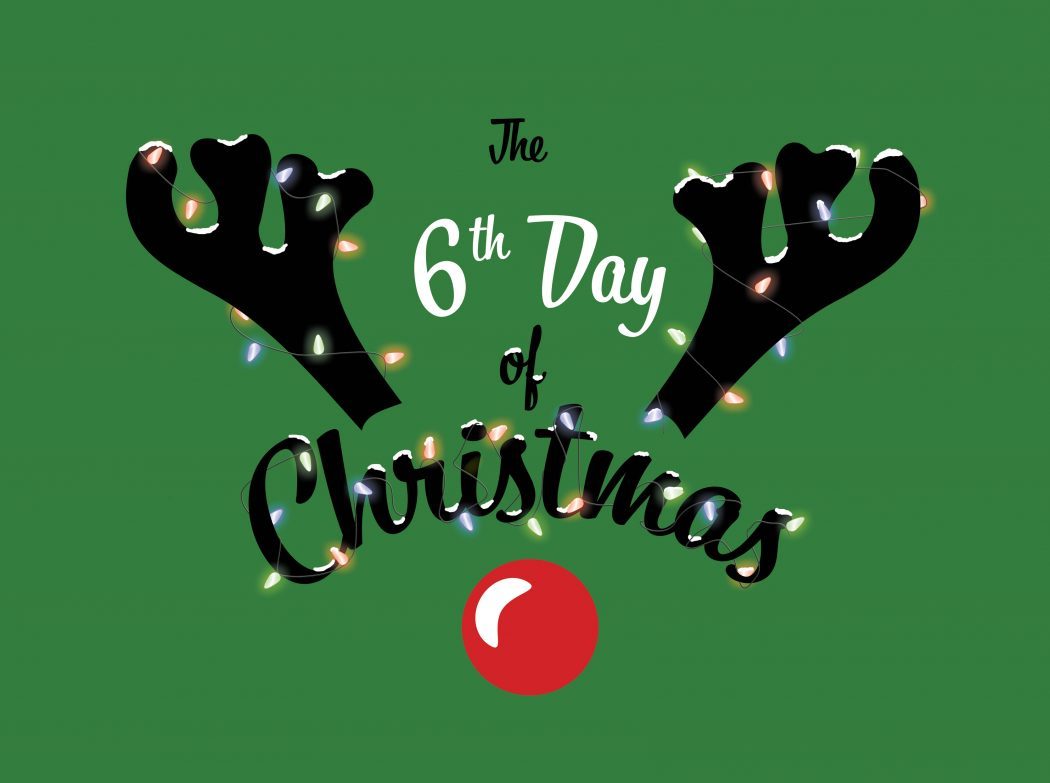12 Days of Christmas: 5 winter holidays around the world
It’s December, which, besides finals and the end of the semester, means it is officially Christmas time. Here in America, Christmas is the dominant winter holiday celebrated. However, around the world and within other cultures, there are many other traditions honored.
St. Nicholas Day
St. Nicholas Day is a holiday celebrating the life of the third century Catholic Saint Nicholas. He was said to have sold all of his earthly possessions so he could provide for the poor. One legend has it that he left gold in a poor man’s shoe while he slept to allow him a dowry for his three daughters. In Catholicism, St. Nicholas is the patron saint of sailors, merchants and schoolchildren. He is also thought to be the inspiration behind the modern Christmas reincarnate, Santa Claus.
St. Nicholas Day is honored on Dec. 6 with the giving of small gifts, filling of stockings and singing of songs in his honor. Since he was believed to have brought sweets for children, good children are given treats while disobedient children receive bundles of twigs or lumps of coal.
Hanukkah
Hanukkah is a traditional Jewish celebration that lasts for eight days. As legend has it, during the second century B.C., the Jewish people rose up in rebellion against the Syrian king who occupied their lands and prevented them from practicing their religion. Their temples were nearly completely destroyed in the uprising, and, after gaining their freedom, they went to work immediately to rebuild it. During its reconstruction, the people ran out of oil, leaving only one day’s worth for the ritual lamps. To their surprise and to what they render a miracle, the oil and the flame lasted for eight days, giving them enough time to find more. Hanukkah is a celebration of this.
One of the most traditional aspects of the celebration of Hanukkah is the lighting of the Menorah, a nine-tiered candlestick. Every night, a new candle is lit using the ninth or middle candle. Blessings and scriptures are recited in remembrance during the lighting and followed by a meal of food often fried in oil, another allusion to the miracle in the temple.
Kwanzaa
Kwanzaa is an African Holiday that was created by a professor of black studies in California as a way to unite the African American community after a series of riots in Los Angeles. The holiday focuses on the ideals of family and community and highlights virtues such as unity, self-determination, creativity and faith.
Kwanzaa is observed from Dec. 26 to Jan. 1 with music, singing, dancing, storytelling, poetry readings and feasts. Similar to Hanukkah, special candles are lit every night of the holiday to represent different aspects of the event.
Boxing Day
Boxing Day is a secular holiday that originated in the U.K., although in recent years, has spread to Asia, Africa, Australia and Canada. It takes place the day after Christmas, Dec. 26. It was originally a day when people would give gratitude boxes to the working class to thank them for their service. Now, it is mostly a shopping holiday similar to Black Friday in the U.S. in which stores offer dramatic sales and discounts.
Omisoka
Omisoka is a Japanese holiday observed on the last day of the year, Dec. 31. It celebrates the old year while ringing in the new. It can be traced back to the Heian period of Japan between 794-1185 B.C. It was originally a dedicated day for praying and preparing for the new year. Over time, Buddhist traditions have been mixed in, as well.
To celebrate, decorations are placed around the house by Dec. 28 to welcome the Toshigami, the new year gods. Families gather late at night for a special meal of long noodles to symbolize the passing of time before visiting Shinto and Buddhist shrines. Here, they worship and pray for good fortune. In the Buddhist Shrines, bells are rung 108 times to represent every earthly desire or sin that, as Buddhist doctrine says, is the cause of our suffering in this life.
@dara_marie_

